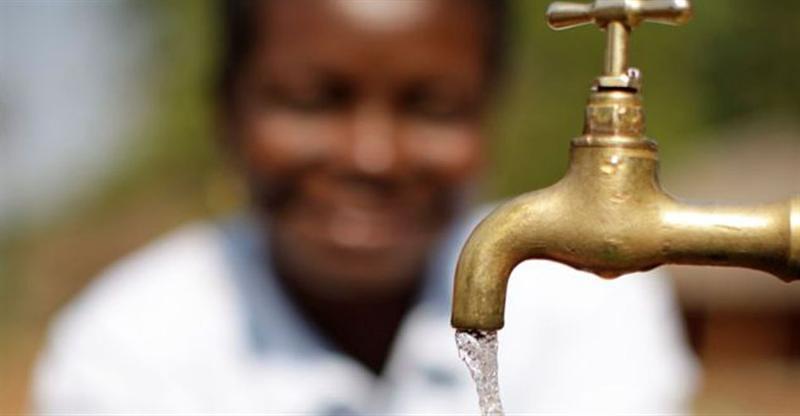THE COMPANY WILL BENEFIT FROM AN MOU WITH CUBA.
 The Water and Sewerage Company (WASCO) Inc. is poised to receive technical support from the National Institute of Hydraulic Resources and CUBAHIDRAULICA that aims to improve water supply services in Saint Lucia.
The Water and Sewerage Company (WASCO) Inc. is poised to receive technical support from the National Institute of Hydraulic Resources and CUBAHIDRAULICA that aims to improve water supply services in Saint Lucia.
A delegation from the Republic of Cuba, comprising Manuel Jorge Font Garcia, General Director of the Central Company of Hydraulic Equipment of Cuba (Cubahidraulica), Gisel Pérez Wong, Director of Exports of Cubahidraulica, and Alnerys Prieto Padilla, official of the National Institute of Hydraulic Resources, arrived in Saint Lucia on March 7, to formalize a Memorandum of Understanding (MOU) between WASCO and Cubahidraulica.
The signing of the MOU took place on March 8t at WASCO’s Lanse Road Headquarters in Castries where the Chairman of WASCO’s Board of Directors Mr. Francis Denbow and Director General of Cubahidraulica Manuel Jorge Font Garcia affixed their signatures.
Among officials who witnessed the event were Cuban Ambassador to Saint Lucia His Excellency Alejandro Simancas Maxim and his Saint Lucian counterpart Her Excellency Dr. Malachia Fontenelle.
The signing of the MOU marked the culmination of preliminary talks that began between the parties in July 2018, following an offer from the Cuban Embassy in Saint Lucia for WASCO’s consideration. The offer led to a visit by a Saint Lucian delegation to Cuba which was arranged by former Ambassador of Cuba to Saint. Lucia His Excellency Jorge Soberon. The Saint Lucian delegation which visited Cuba in 2018 was led by the Minister for Agriculture, Fisheries, Physical Planning, Natural Resources and Co-operatives Hon. Ezechiel Joseph. It was during that visit that the parties decided to establish a Memorandum of Understanding.
Now formalized, the arrangement covers several areas of assistance which will benefit WASCO. These include: sharing and exchange of information and methodologies; exchanges in areas of Human Resource; assistance in the reduction of non-revenue water; capacity building and training; leak detection; equipment repair and maintenance; assistance toward laboratory accreditation; exploration of alternative water sources; purchase of pipes and fittings.
The arrangement is expected to run over a five-year period.